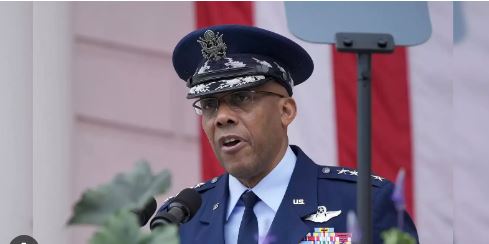The US has historically maintained a significant presence in Niger, primarily focusing on counterterrorism efforts and supporting regional security initiatives. However, the recent ousting of Niger’s government has forced US military planners to consider alternative strategies and partnerships in the region.
“We are actively exploring ‘Plan B’ options to adapt to the evolving situation in Niger and ensure the continuity of our mission objectives,” remarked a senior US military official, speaking on condition of anonymity due to the sensitivity of the matter.
The shift in leadership has raised questions about the future of US-Niger relations and the effectiveness of ongoing military operations against extremist groups operating in the Sahel region. US officials emphasize the importance of maintaining stability and combating terrorism while navigating the uncertainties brought about by political changes in Niger.
“We remain committed to our partners in West Africa and will continue to assess how best to advance our shared security interests in the region,” the official added.
The search for a new approach reflects broader challenges faced by the US military in adapting to unpredictable political landscapes in Africa, where stability and security cooperation are critical to countering terrorist threats and promoting regional stability.



